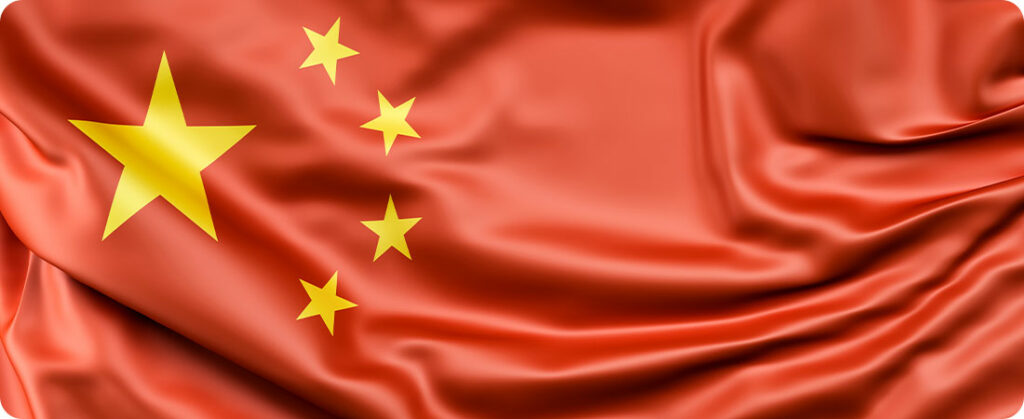
Beijing is fearing that a split in Taiwan's opposition could pave the way for the island's ruling party - which the Chinese government despises - to remain in power, with China taking center stage in the election campaign over the weekend.
China, which claims Taiwan as its own territory, has major influence over the Jan. 13 presidential and parliamentary elections as it ramps up military pressure against the island.
Last week, negotiations for a united presidential ticket between the two main opposition parties seeking closer ties with China imploded, giving a boost to the Democratic Progressive Party (DPP), which leads in opinion polls.
So far, China has issued a brief official response. The Taiwan Affairs Office on Friday expressed hope that the election result will contribute to peace and stability. The statement reiterated that Taiwan is faced with “a choice between war and peace.”
But on Chinese social media, the drama has been accompanied by a sense of despair at the opposition's disunity.
Zhang Xuesong, director of strategic research at China's CICG Asia-Pacific institute, expressed on his Weibo social media account that the disintegration of negotiations represents a "defeat for peace in the Taiwan Strait."
“This was an extremely frustrating day,” he added. “Of course, the only thing that gives us confidence is that Taiwan is one step closer to finally being reunified.”
Other Chinese Weibo accounts that follow Taiwan were equally dismayed.
Failure in negotiations with Taiwan triggers concerns and discouragement among citizens
State-owned Shenzhen Television finally wrote that the failure in negotiations signaled “a chaotic battle” to come in the elections.
A Chinese Weibo user simply wrote: “I saw the news that negotiations were halted and now I have lost hope.”
The DPP has defied Chinese pressure. Beijing considers DPP candidate Lai Ching-te a separatist. He refuses dialogue offers from Tsai Ing-wen, president of Taiwan, and Lai Ching-te, on several occasions.
Speaking at a campaign rally on Sunday night in Taipei's sister city, New Taipei, Lai said that if Taiwan accepts that it is part of China - Beijing's focal point for talks - it will lose sovereignty.
“Without sovereignty, you will have no ownership over your lands, your homes,” Lai said.
Source: Beijing Newsroom and Ben Blanchard | Notícias Agrícolas










